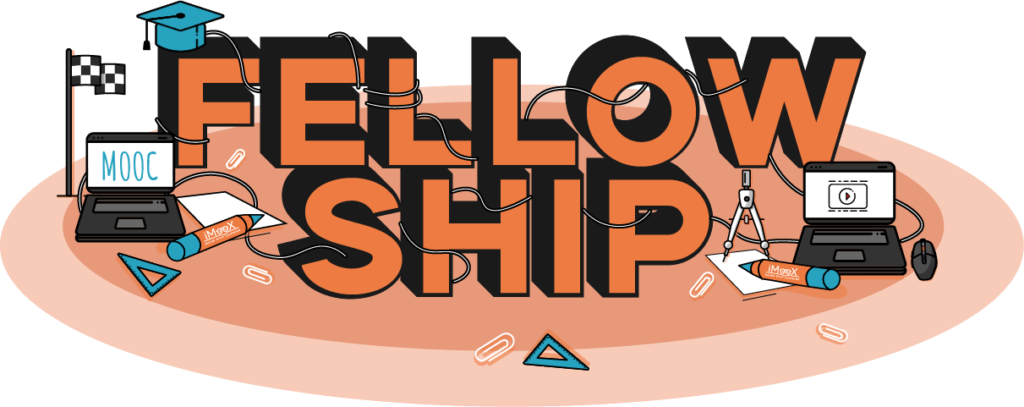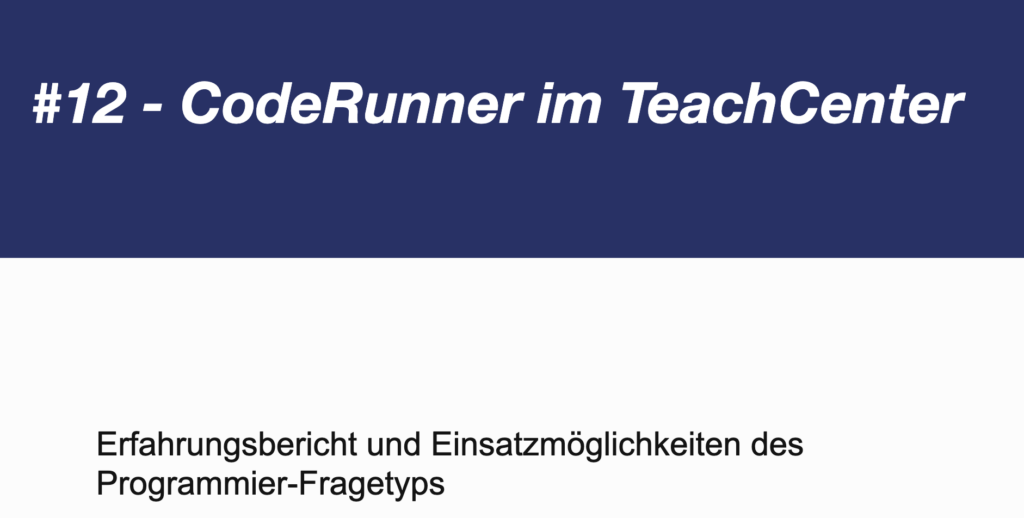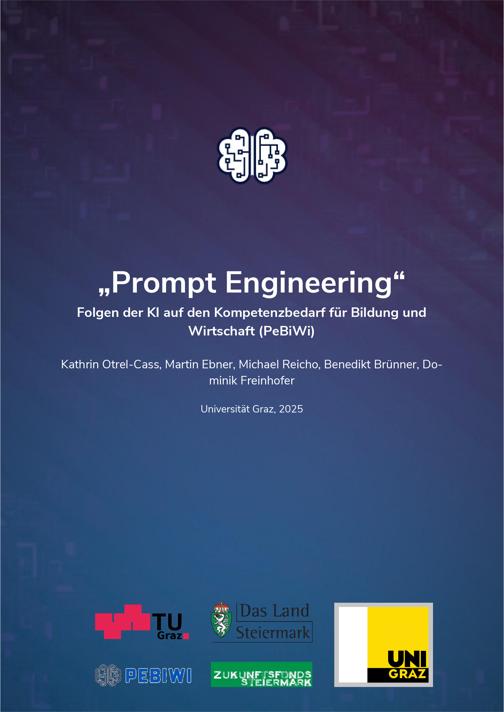We summarized the importance of Open Education Resources, especially for Digital Sovereignty. Our paper titled „Open Educational Resources for Legal Clarity, Sustainability, and Digital Sovereignty in European University Alliances“ is now available online.
Abstract:
Open educational resources (OER) are widely recognized for improving access to education and enabling the sharing of knowledge. However, in the context of European university alliances such as Unite!, OER offer additional, often underappreciated benefits that are crucial for cross-border collaboration and sustainable development in higher education. This paper explores three key aspects of OER that are particularly relevant to European alliances. First, OER enable the legally secure use of educational resources across national borders, addressing uncertainties about copyright laws, particularly for translations and adaptations. This ensures compliance with different legal frameworks while fostering collaboration. Second, OER support sustainability by ensuring that investments in educational materials are not limited by restrictive usage rights. This is especially critical in alliances where shared resources are central to fostering long-term cooperation and aligning with sustainability goals, a priority for Unite!. Finally, OER contribute to digital sovereignty by empowering institutions and educators to create, adapt, and share resources without relying on proprietary platforms or licenses. This coincides with European alliances’ broader strategic objective of promoting autonomy and resilience in their digital ecosystems. By highlighting these often-overlooked benefits of OER, the present research aims to broaden the perspective on their strategic importance in fostering collaboration, sustainability, and sovereignty within European university alliances.
[full paper @ publisher’s homepage]
[full paper @ ResearchGate]
Reference: Schön, S., & Ebner, M. (2025). Beyond Open Access: Open Educational Resources for Legal Clarity, Sustainability, and Digital Sovereignty in European University Alliances. Weizenbaum Journal of the Digital Society, 5(4). https://doi.org/10.34669/wi.wjds/5.4.2
This is an impactful contributions, methodological rigor, and exceptional novelty in the research field of Open Educational Resources (OER) and Digital Sovereignty.







